During our journey to the enchanting Scottish Isles, we had the excellent opportunity to visit a place that left us utterly captivated - a haven of puffins. Ever since the release of our spring title, these charming creatures had fascinated us, and encountering them in person was an unforgettable experience, a true dopamine rush for all of us. However, it saddened us to learn that seeing puffins is increasingly challenging.
Puffins are classified as red-listed in the UK, and globally, their conservation status is marked as "Vulnerable" due to their declining population. Inspired by this eye-opening visit, we pondered ways to ensure that these delightful puffins remain a part of our world's precious ecosystem.
The first and foremost step in promoting conservation efforts is raising public awareness. Educating people about the plight of puffins and the importance of biodiversity on our planet is crucial. As William Beebe once said, "When the last individual of a race of living beings breathes no more, another heaven and another earth must pass before such a one can be again."
Another vital step is to stop using single-use plastics. By 2050, it's estimated that more plastic will be in our oceans than fish. Puffins, like many other seabirds, unwittingly feed their chicks pieces of plastic, mistaking it for food. To minimize our impact on puffins and other species, we can stop using items such as straws, plastic bottles, and carrier bags. Taking it further, organizing beach clean-ups can also make a significant difference.
Then, Tackling global climate change requires collective action, and we can contribute by reducing our carbon footprint. Simple measures like car-sharing, vacationing closer to home, tree planting, and switching to green energy suppliers can have a positive impact.
Lastly, we strongly recommend supporting puffin conservation efforts by adopting a puffin or its adorable baby, known as a "Pyffling," through the Scottish Wildlife Trust. As David Attenborough has taught us, every small step we take can make a significant difference in safeguarding these precious puffins and preserving the natural wonders of our world.



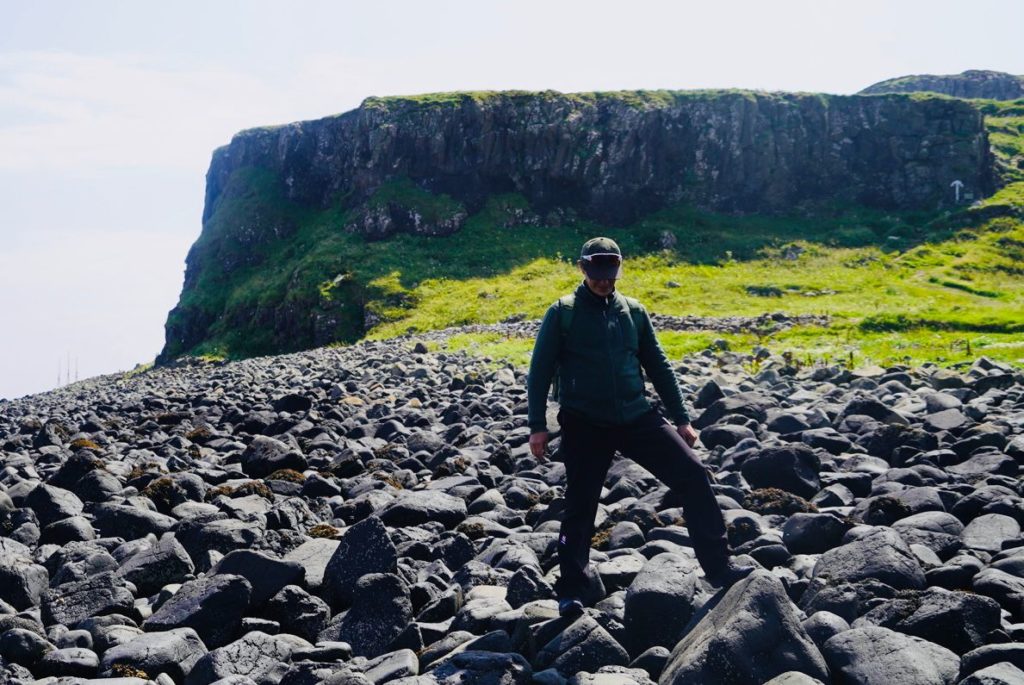



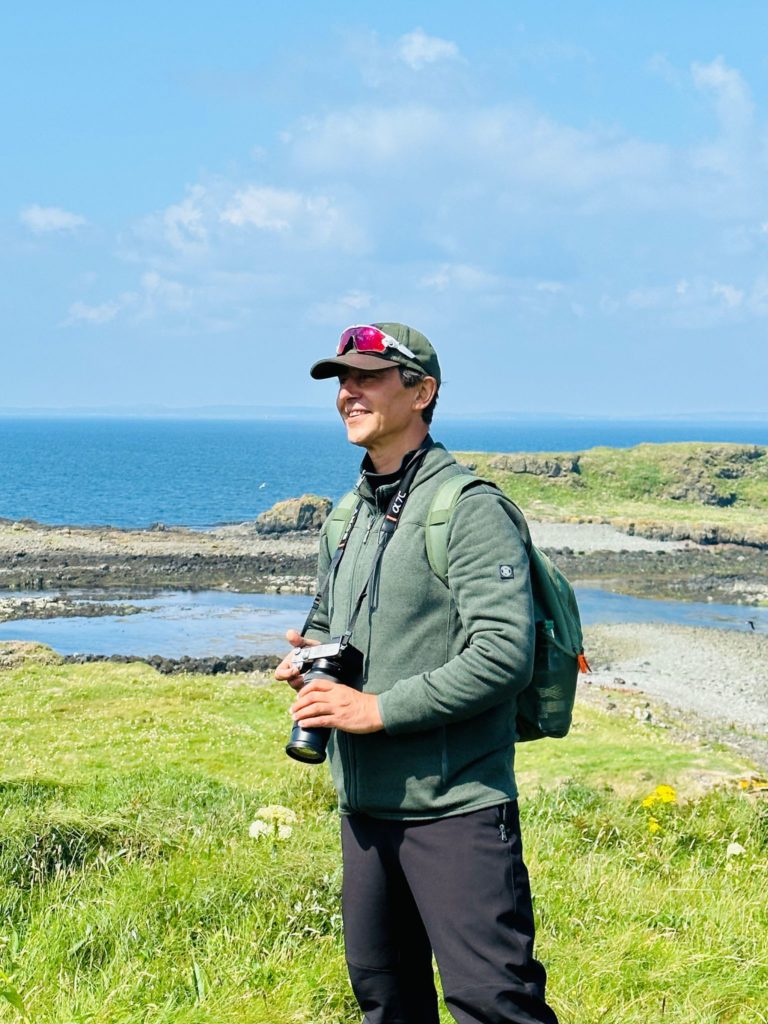



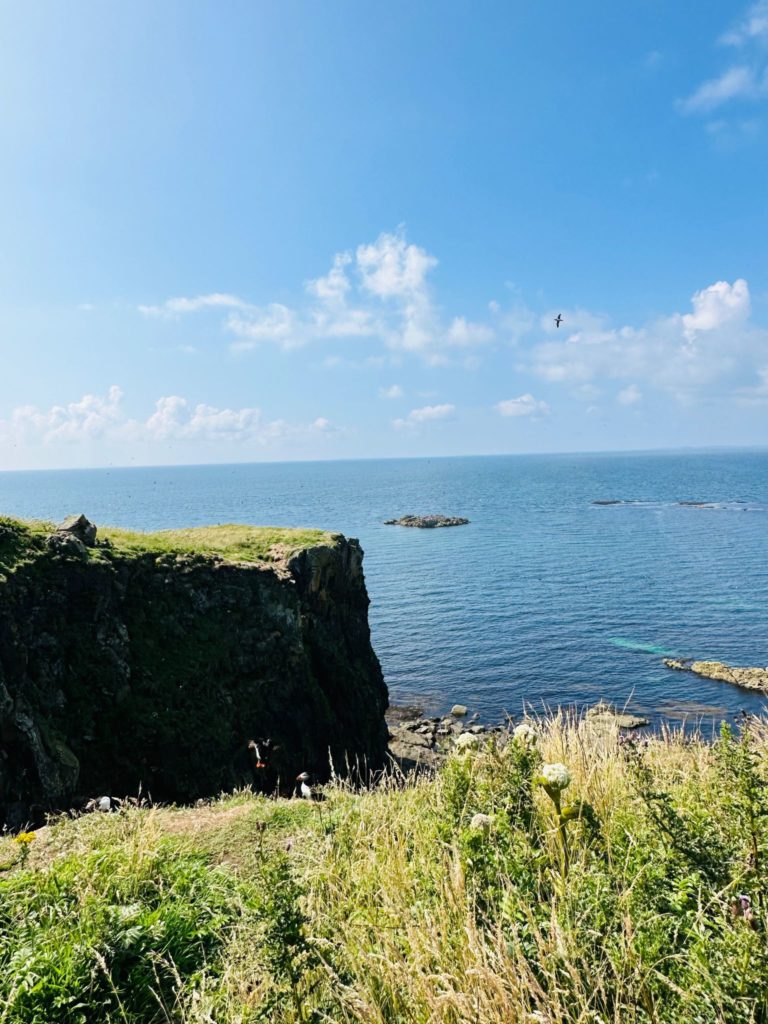




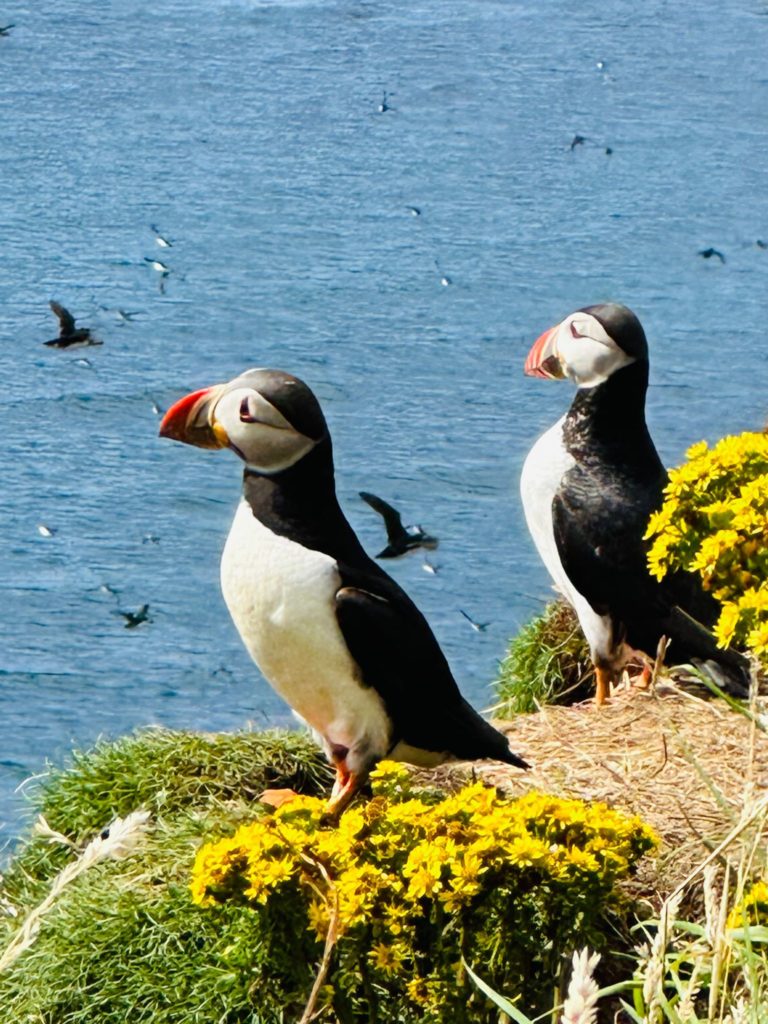

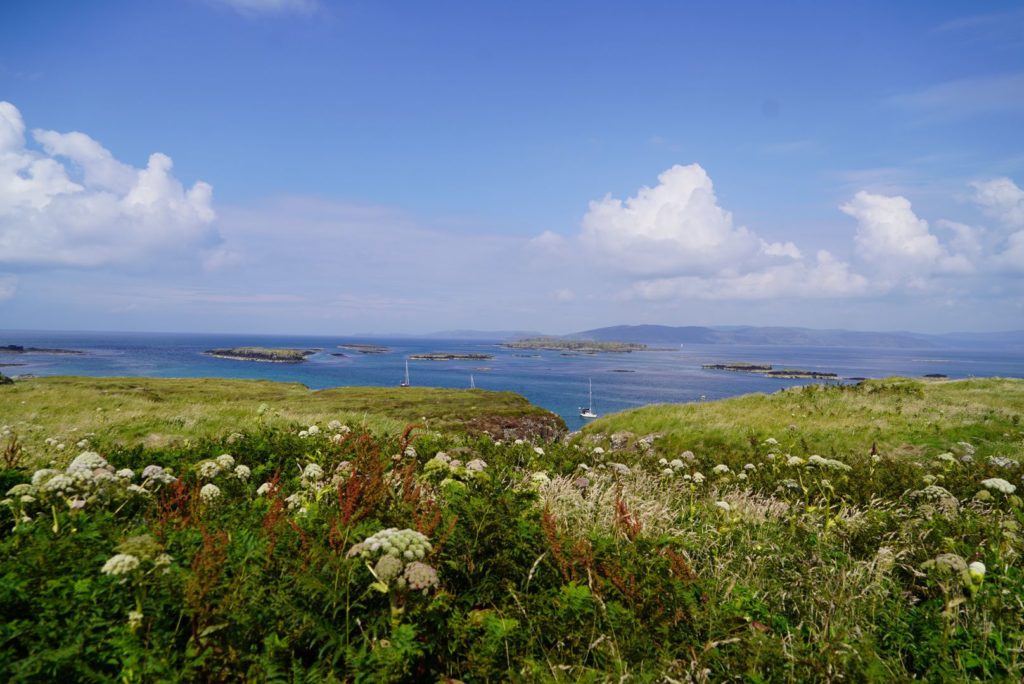


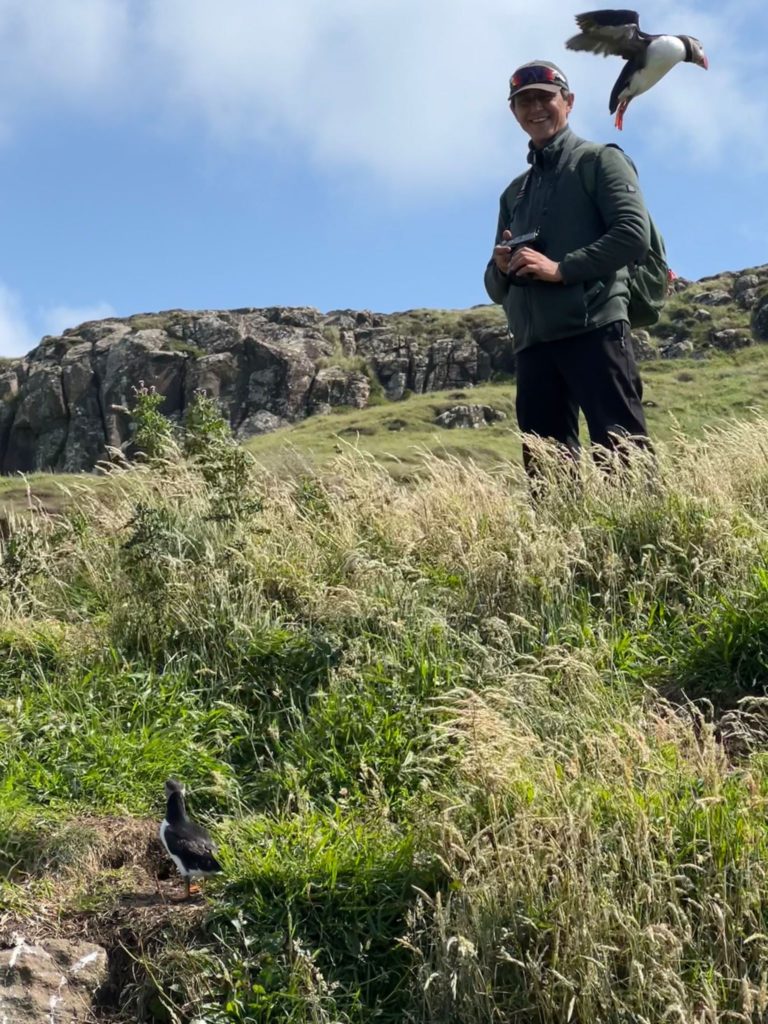
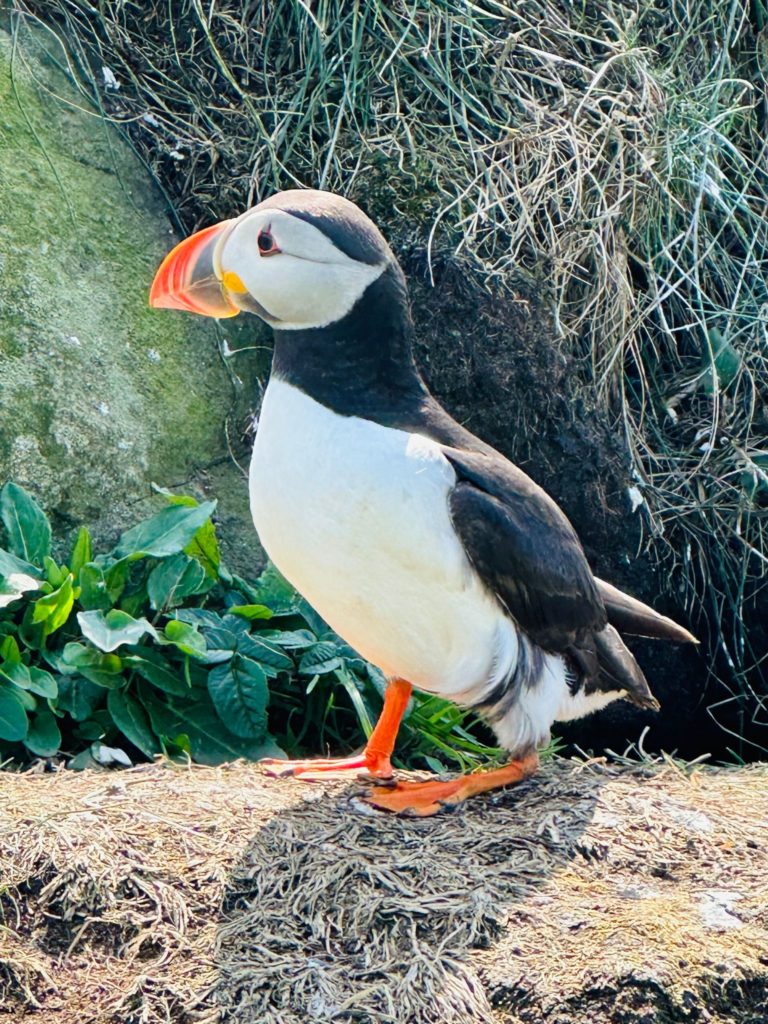
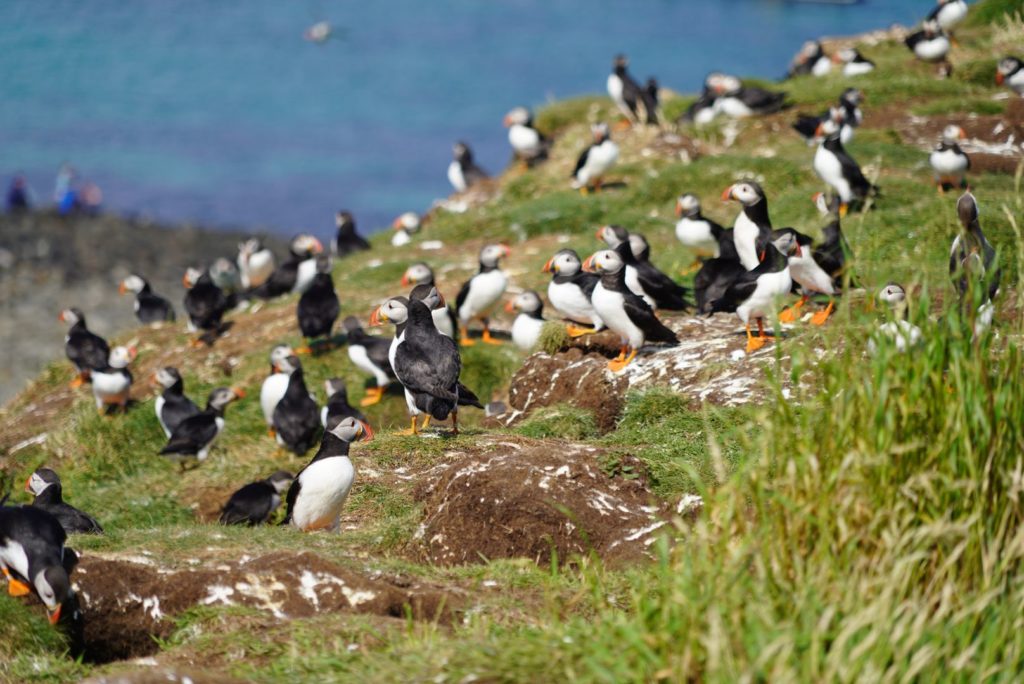
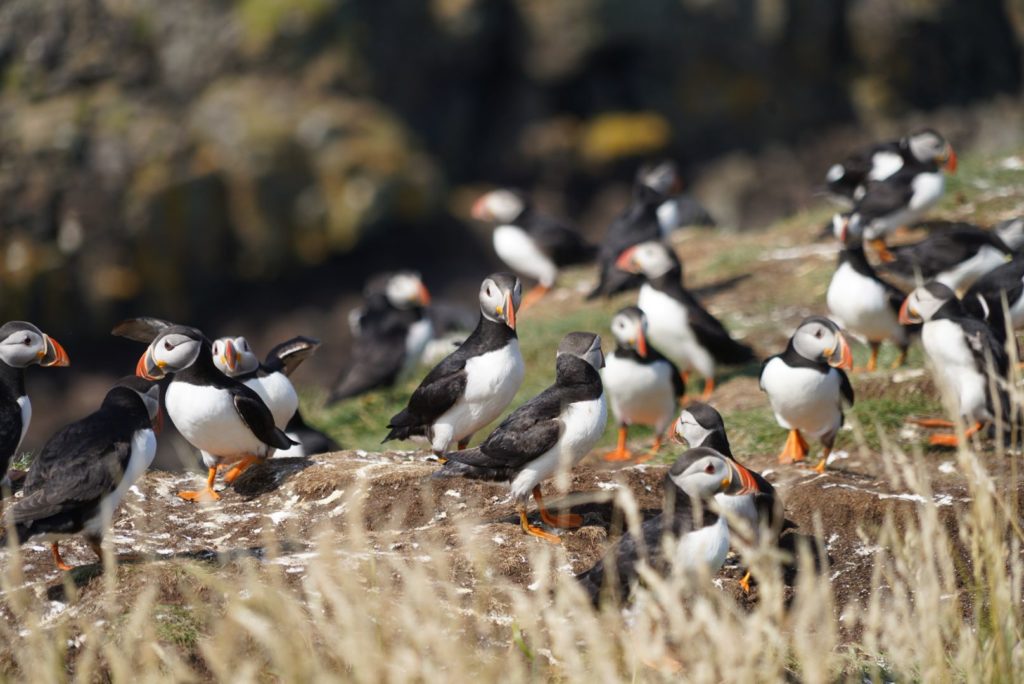

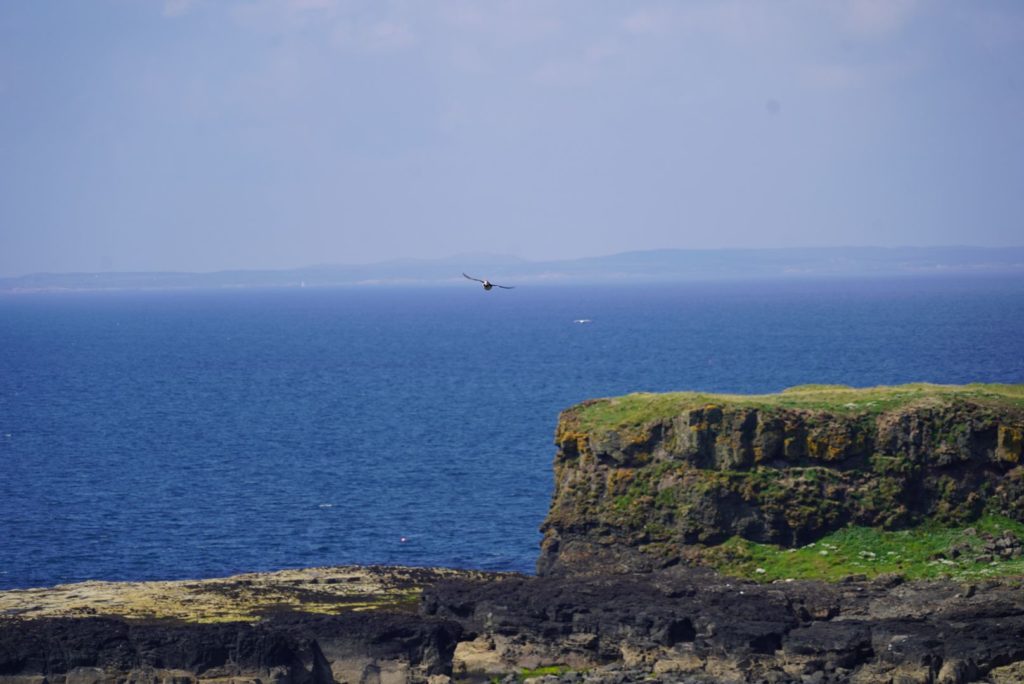


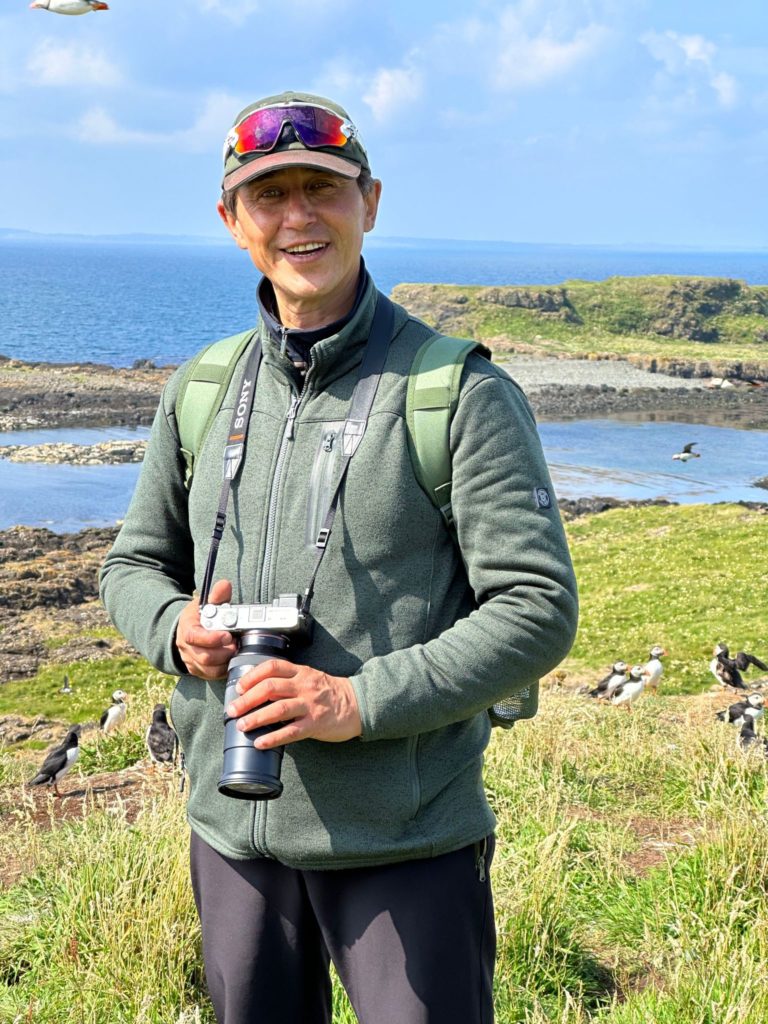


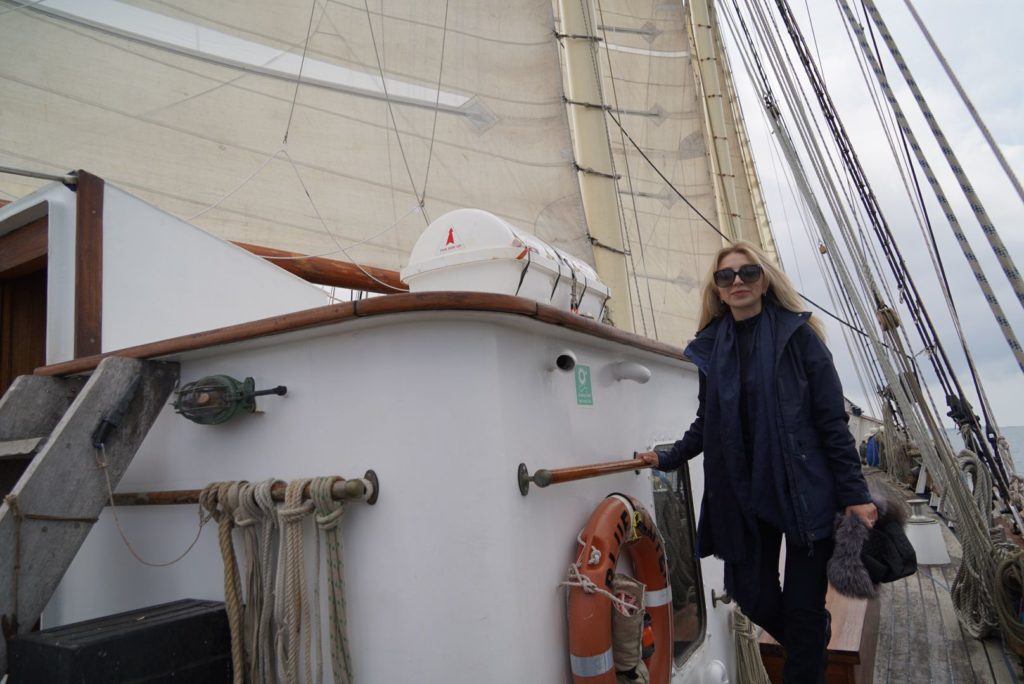
 Président de l'association
Président de l'association